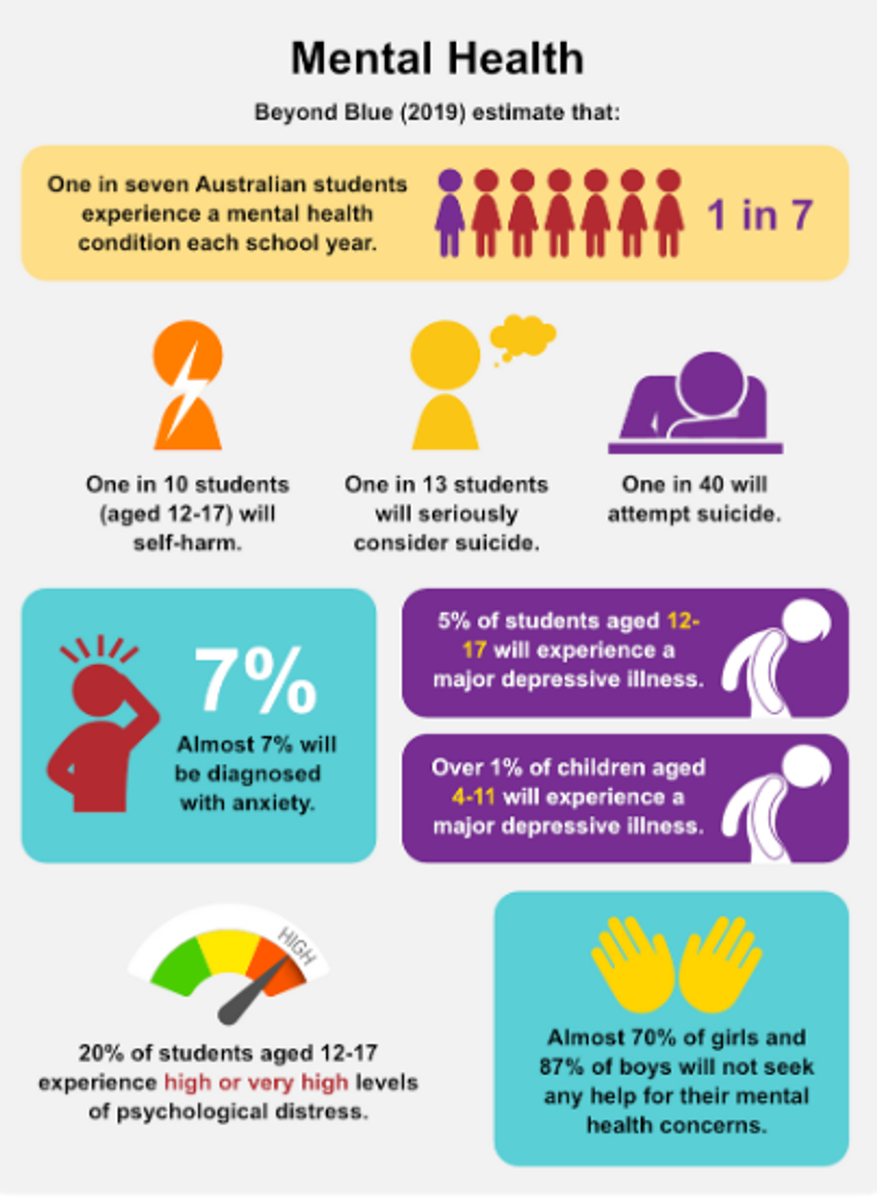Student Welfare and Wellbeing News
School Wide Positive Behaviour Support and Respective Relationships News

Student Welfare and Wellbeing News
School Wide Positive Behaviour Support and Respective Relationships News


How exciting our Lunch Clubs are returning in Week Four this term! Students have requested the following clubs:
Lunch clubs provide studentd with an oppportunity to explore wellbeing in different areas and with cross age friendships.
Students can attend any of these lunch clubs as they desire and build friendships amongst like minded peers. We hope these clubs help the students to explore wellbeing and respectful relationships with peers and educators alike.
In 2024, South-Eastern regional government schools will receive funding to employ a Mental Health and Wellbeing Leader (MHWL) to implement a whole-school approach to mental health and wellbeing for students, staff and families based on a broad knowledge of the needs of the school community.
My name is Rhianna Hamilton and my role as MHWL is to implement a whole-school approach to mental health and wellbeing.
I will be working in collaboration with our Wellbeing team to promote awareness and understanding of mental health and wellbeing in the school community, and to build the capacity of staff to support student mental health by:


The World Health Organisation defines wellbeing as:
"... a positive state experienced by individuals and societies. Similar to health, it is a resource for daily life and is determined by social, economic, and environmental conditions. Well-being encompasses quality of life and the ability of people and societies to contribute to the world with a sense of meaning and purpose."
It involves a student's emotional, mental, physical and social health, and includes how the student thinks and feels about themselves and their life generally. Students can think of wellbeing as:


Promoting mental healthand wellbeing at home
As parents and carers, you are already doing lots of things to support your child’s mental health and wellbeing. You can continue to protect your child’s mental health and well-being by developing and promoting:
For a range of videos and articles backed by Australian experts on how to support your child’s mental health, visit Raising Children Network.

